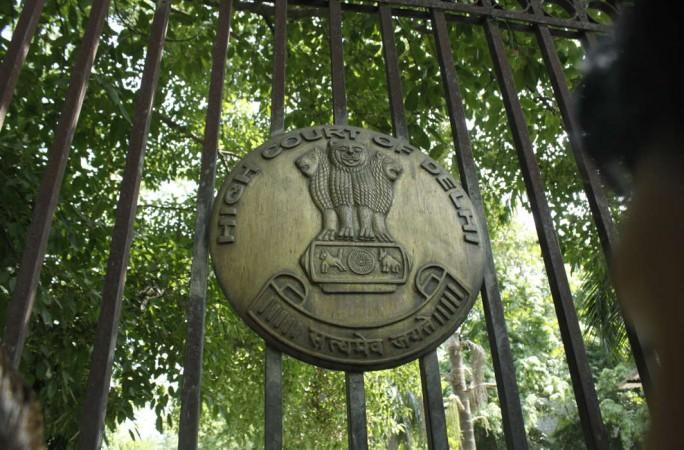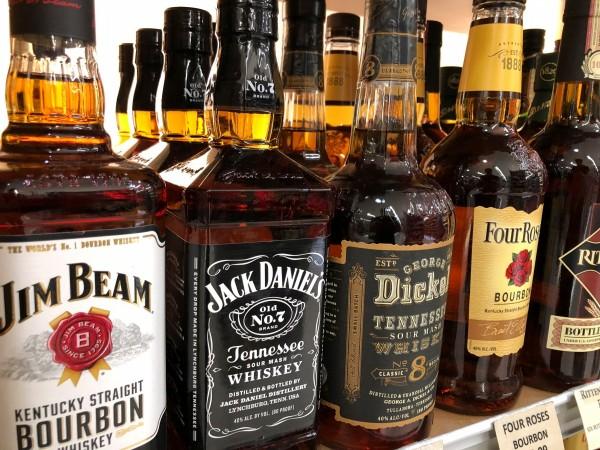A PIL has been moved in the Delhi High Court seeking directions to prohibit or control intoxicating drinks and drugs in the national capital and also to publish health warnings on liquor bottles similar to cigarette packets.
Hearing the plea by BJP leader and Advocate Ashwini Kumar Upadhyay, the division bench presided over by Chief Justice D.N. Patel and Justice Neena Bansal Krishna on Friday orally observed that given the medicinal usage of alcohol, it may not be appropriate to publish health warnings.

The bench also refused to issue a notice in the plea which sought direction to the Delhi Government to prohibit or regulate the production, distribution, and consumption of intoxicating drinks and drugs, which are injurious to health, in order to secure the right to health, guaranteed under Article 21 of the Constitution. However, the bench said it will see what is to be done on the next date while posting the matter for July 4.
According to the plea, Delhi has a total of 280 municipal wards and until 2015, there were only 250 liquor shops, that is, on average, one liquor shop in every ward and 30 wards without liquor shops. But now the state is planning to open three liquor shops in every ward, which is not only arbitrary and irrational but also offends rule of law and right to health guaranteed under Article 14 and 21 of the Constitution.

The plea said to advertise 'Health and Environment Hazard' of intoxicating drinks through electronic, print and social media in order to secure citizen's right to know, right to information and right to health.
It further alleged that rather than taking steps to prohibit/ control production, distribution, and consumption of intoxicating drinks and drugs, the State government has made Delhi as 'Liquor Capital of India'.
"The Delhi government has been granting licenses to open liquor shops not only in residential areas and main markets but also near hospitals, schools, and temples under the garb of providing easy access to liquor shops," it read.









!['Had denied Housefull franchise as they wanted me to wear a bikini': Tia Bajpai on turning down bold scripts [Exclusive]](https://data1.ibtimes.co.in/en/full/806605/had-denied-housefull-franchise-they-wanted-me-wear-bikini-tia-bajpai-turning-down-bold.png?w=220&h=138)



